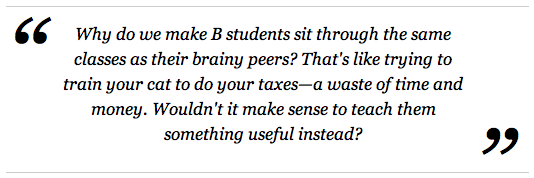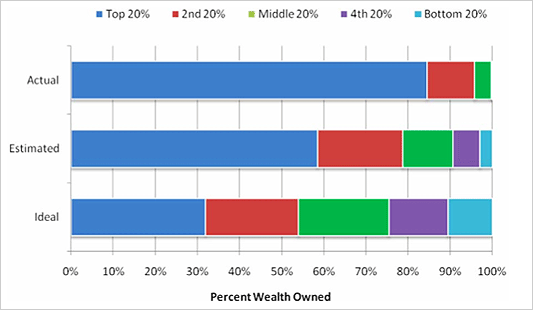
(photo credit: ezioman)
Let’s see if we can explain this one:
- The laws of supply and demand say that when supply of a particular product is low, its price goes up. And when consumer demand for that product is high, prices also go up.
- The opposite is also true: low demand = low prices; high supply = low prices.
- So when the oil minister of Saudi Arabia says that OPEC is cutting down on oil production because there’s too much supply in the market, you would think that oil is pretty cheap right now.
Nope. The price of oil is actually higher than it’s been in two and a half years. But it’s not high because of strong consumer demand (apparently demand is quite low since no one can afford it), and it’s not because of low supply (the minister says the market is actually “oversupplied” with barrels and barrels of black gold).
The price of oil is high because of the investors trading it on commodity markets. Because of all the civil unrest/ revolutions/ humanitarian disasters in North Africa and the Middle East right now, they’re worried about whether oil will become harder to get in the future.
So in this case, the price of oil has nothing to do with present-day supply and demand. It’s about a bunch of analysts who think that if a lot of oil-rich governments collapse, tomorrow’s supply might not meet tomorrow’s demand. (Dun dun dun dunnnnnnnnnn!)







